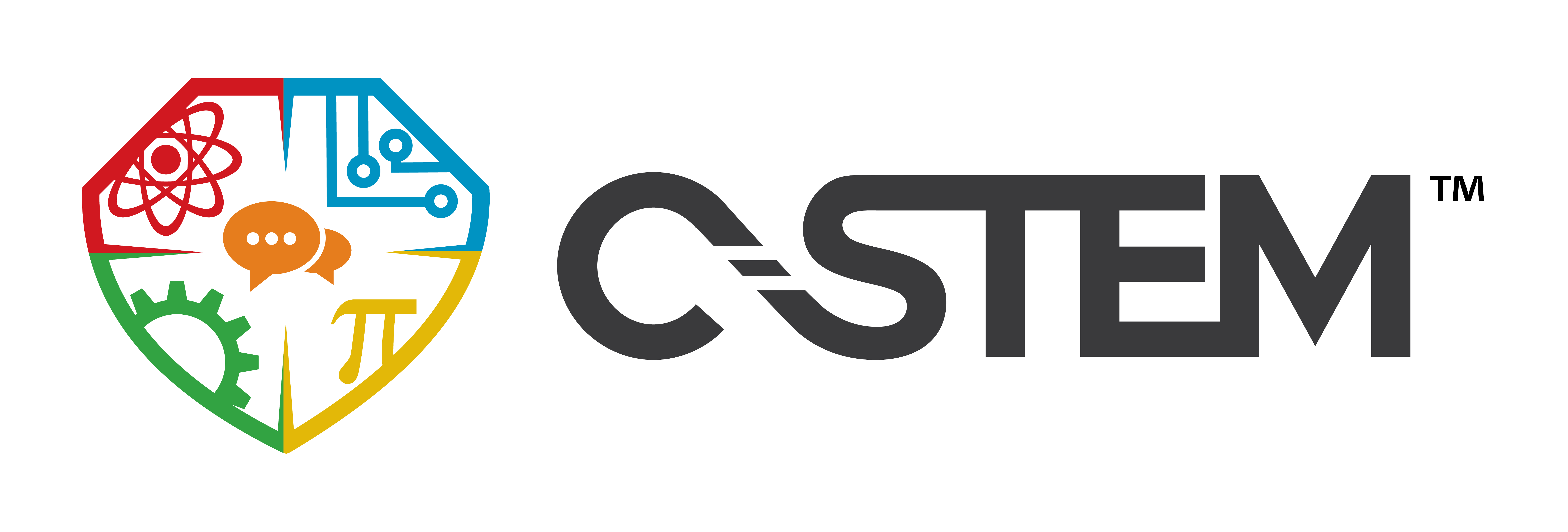By: Reagan Flowers, PhD
Technical skills alone aren’t enough in today’s rapidly evolving job market. According to new research from Education Week, some of the most well-known companies—including Google, Microsoft, and Southwest Airlines—prioritize social-emotional skills just as much as technical expertise.
- Googlevalues self-awareness, relationship skills, and responsible decision-making.
- Microsofthighlights stress resistance, cooperation, and curiosity.
- Southwest Airlinesseeks candidates who are persistent, service-minded, and respectful.
The message is clear: soft skills are as critical as hard skills for long-term success. But are schools preparing students for this reality?
How Schools Can Prepare the Future Workforce
Senior executives agree that schools play a significant role in shaping the workforce of tomorrow. Beyond teaching STEM and technical subjects, schools must equip students with essential life skills:
- Professionalism– Understanding workplace expectations
- Communication– Collaborating with diverse teams
- Emotional Regulation– Managing stress and conflict effectively
Several research studies are currently examining the direct link between social-emotional learning (SEL) and long-term economic success. Some states even incorporate SEL into “portraits of a graduate“—outlining the skills students should develop before entering the workforce.
What Top Employers Are Saying
To better understand the skills employers want to see in job candidates, researchers asked Google, Microsoft, Southwest Airlines, and Fortinet what matters most—and how schools can help develop these abilities.
1️⃣ Google: The Power of Emotional Intelligence
🔹 Most-needed skills: Self-awareness, self-management, social awareness, relationship skills, and responsible decision-making.
🔹 How schools can help: Integrating SEL into curriculum, encouraging collaboration, and fostering a supportive learning environment.
At C-STEM, we know integrating SEL into the curriculum is easier said than done. Many underfunded schools struggle to cover basic education needs, leaving little room for additional SEL instruction. This is where microlearning opportunities—such as after-school programs and summer camps—become invaluable. Teachers can also incorporate SEL principles into existing lessons, such as teaching self-management and teamwork through group projects.
2️⃣ Microsoft: Adapting to the Future of AI
🔹 Most-needed skills: Self-control, stress resistance, cooperation, sociability, and curiosity.
🔹 How schools can help: Encouraging hands-on learning and problem-solving activities rather than rote memorization.
At C-STEM, we have long emphasized the importance of experiential learning. Simply memorizing facts doesn’t teach students how to adapt to real-world challenges. By engaging in project-based learning, students retain knowledge longer while naturally developing their ability to collaborate and think critically—increasingly vital skills in an AI-driven world.
3️⃣ Southwest Airlines: Building Team Players
🔹 Most-needed skills: Communication, teamwork, leadership, relationship-building, reliability, and dependability.
🔹 How schools can help: Providing STEM enrichment programs to develop these skills outside the classroom.
Southwest Airlines recognizes that STEM learning isn’t just about science and math—it’s about teamwork. Students who participate in STEM competitions, hands-on projects, or mentorship programs gain valuable experience in collaboration, leadership, and problem-solving. Schools can close these skill gaps by supporting extracurricular STEM initiatives and fostering a culture of teamwork in classrooms.
4️⃣ Fortinet: The Soft Skills of Cybersecurity
🔹 Most-needed skills: Situational awareness, problem-solving under pressure, leadership, analytical thinking, and interpersonal skills.
🔹 How schools can help: Utilizing free learning resources from organizations like the Department of Labor and fostering industry partnerships.
With a global shortage of 4.8 million cybersecurity professionals, soft skills like critical thinking and adaptability are just as important as technical knowledge. Schools and organizations can help by connecting students with mentorship programs, career exploration opportunities, and industry partnerships—ensuring they develop both the technical expertise and professional skills needed for success.
The Path Forward: How We Can All Help
Soft skills aren’t just for the classroom—they’re essential in every aspect of life. Whether you’re an educator, parent, or industry leader, you can play a role in preparing students for the workforce. Here’s how:
🔹 Teachers: Integrate SEL into lessons, emphasize collaboration, and encourage critical thinking.
🔹 Parents: Reinforce soft skills at home through daily conversations and real-world experiences.
🔹 Companies & Mentors: Support organizations like C-STEM, offer mentorship programs, and provide real-world STEM learning opportunities.
At the very core, embracing the importance of soft skills is the first step. When educators, families, and industry leaders work together, we can bridge the gap between education and the workforce, ensuring every student is prepared for success.
Let’s make it happen!






